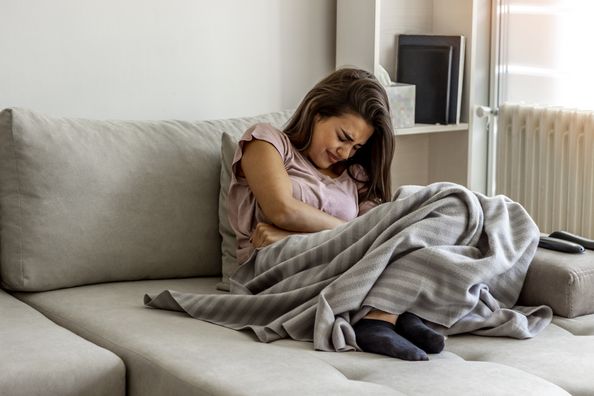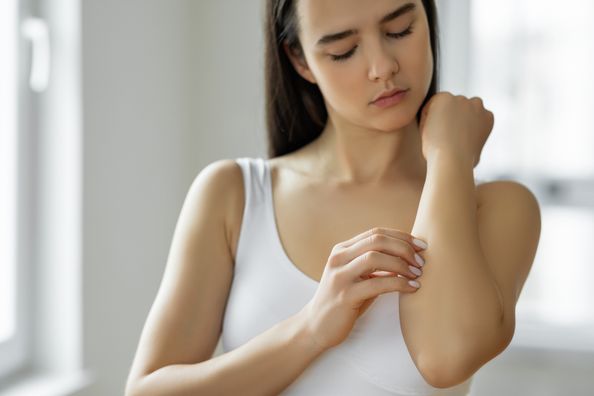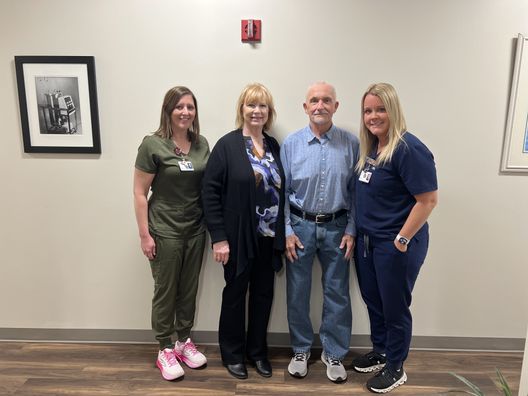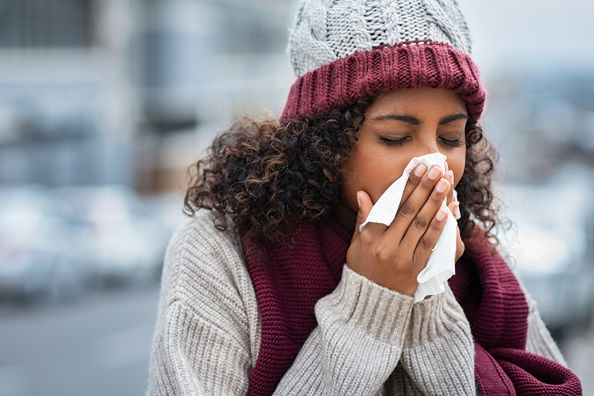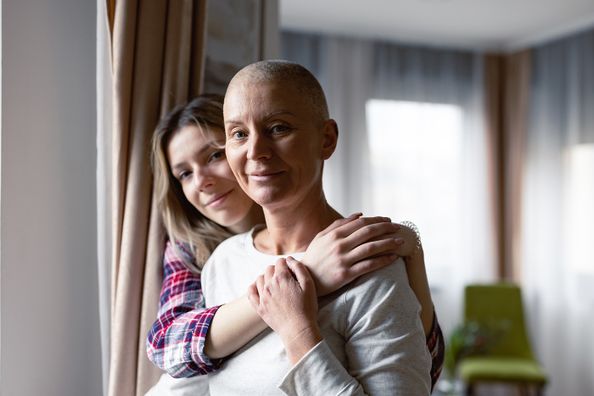Endometriosis impacts about 10 percent of women globally. March is Endometriosis Awareness Month and a time to bring attention to this often painful condition.
Dr. Deborah Woodard, a gynecologist with Quincy Medical Group (QMG), explained, “Endometriosis is a common condition that results from endometrial glands (the lining of the uterus) that occur outside the uterine cavity. It is an estrogen-dependent inflammatory disease and is found mostly in the pelvis and sometimes involves other organs.”
We asked Dr. Woodard to address some common myths surrounding endometriosis.
Myth #1: Severe period pain is normal.
“Although many women experience pain during the week of their period, severe pain is not normal. If pain is getting progressively worse with your cycles and interferes with doing your regular activities despite common therapies, it is time to see a gynecologist. With increasing severity or incapacitating pain, more evaluation is needed. Up to 70 percent of women and adolescents who experience pelvic pain may have endometriosis.”
Myth #2: Endometriosis is always painful.
“It has been shown that between 1 – 15 percent of women having gynecological surgery during the reproductive years do have endometriosis and most of those do not have symptoms.”
Myth #3: Women with endometriosis can’t have children.
“While endometriosis is present in up to 50 percent of women who see infertility treatment, it is not always associated with infertility. There are many treatments available to control endometriosis and prevent complications from endometriosis that can lead to infertility.”
Myth #4: There are no treatment options for endometriosis.
“There are many effective treatment options for endometriosis, both medical and surgical. Common treatment includes anti-inflammatory medication, combined with oral contraceptives, progesterone, and more specific treatments such as Orilissa and Lupron. Finally, surgical resection is often used to treat endometriosis.”
Myth #5: Only women in their 30s and 40s get endometriosis.
“The peak prevalence of endometriosis is ages 25 – 35, but we know that endometriosis can start and is present in the early teenage years in some patients. If not treated, it can get progressively worse and present with more severe symptoms in the late 30s and 40s.”
If you experience pelvic pain or severe pain with periods, Dr. Woodard recommends discussing this with your physician. Our QMG Women’s Health team can help. To schedule an appointment, call (217) 222‑6550, ext. 3437.
Health Topics:

